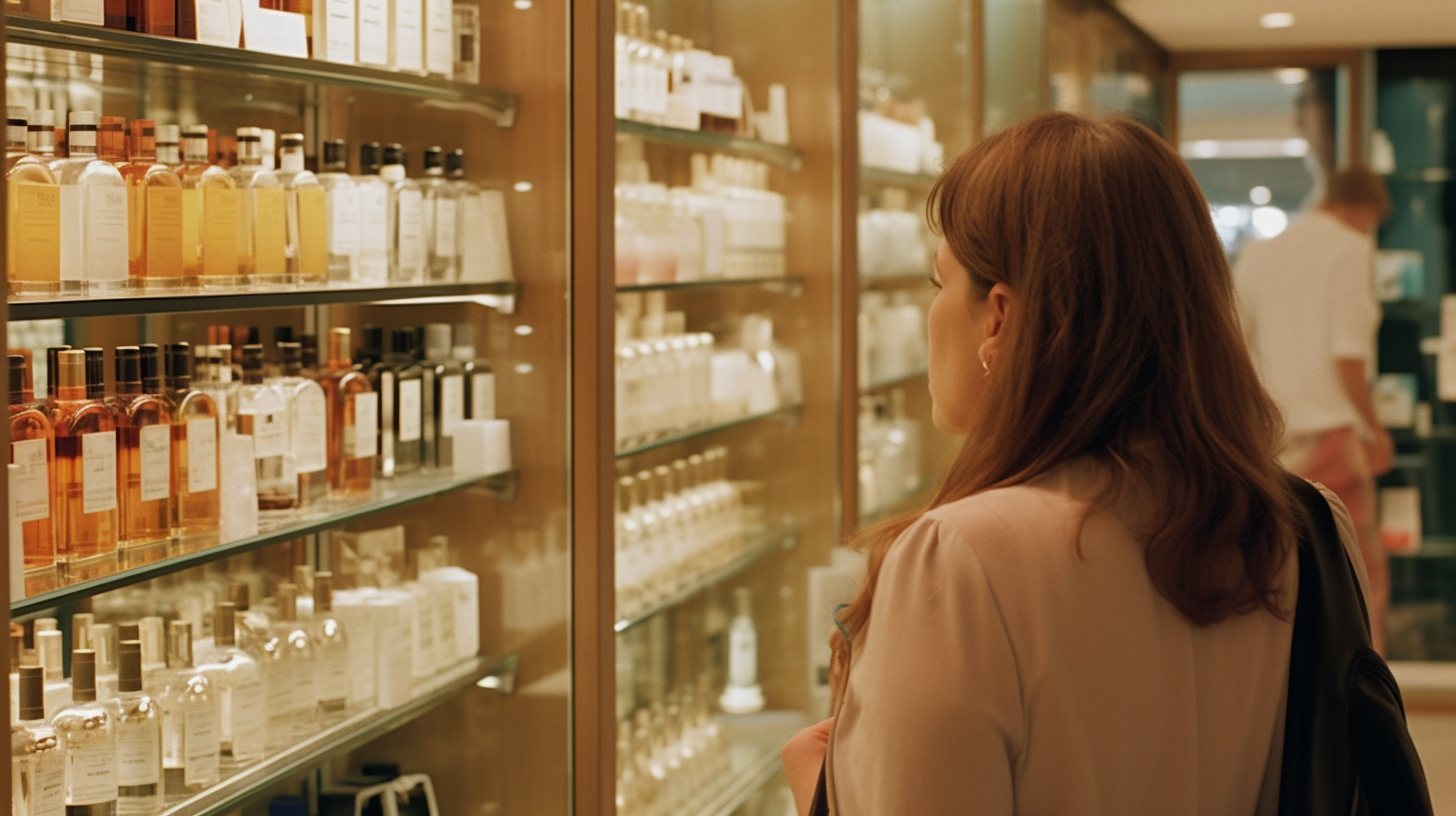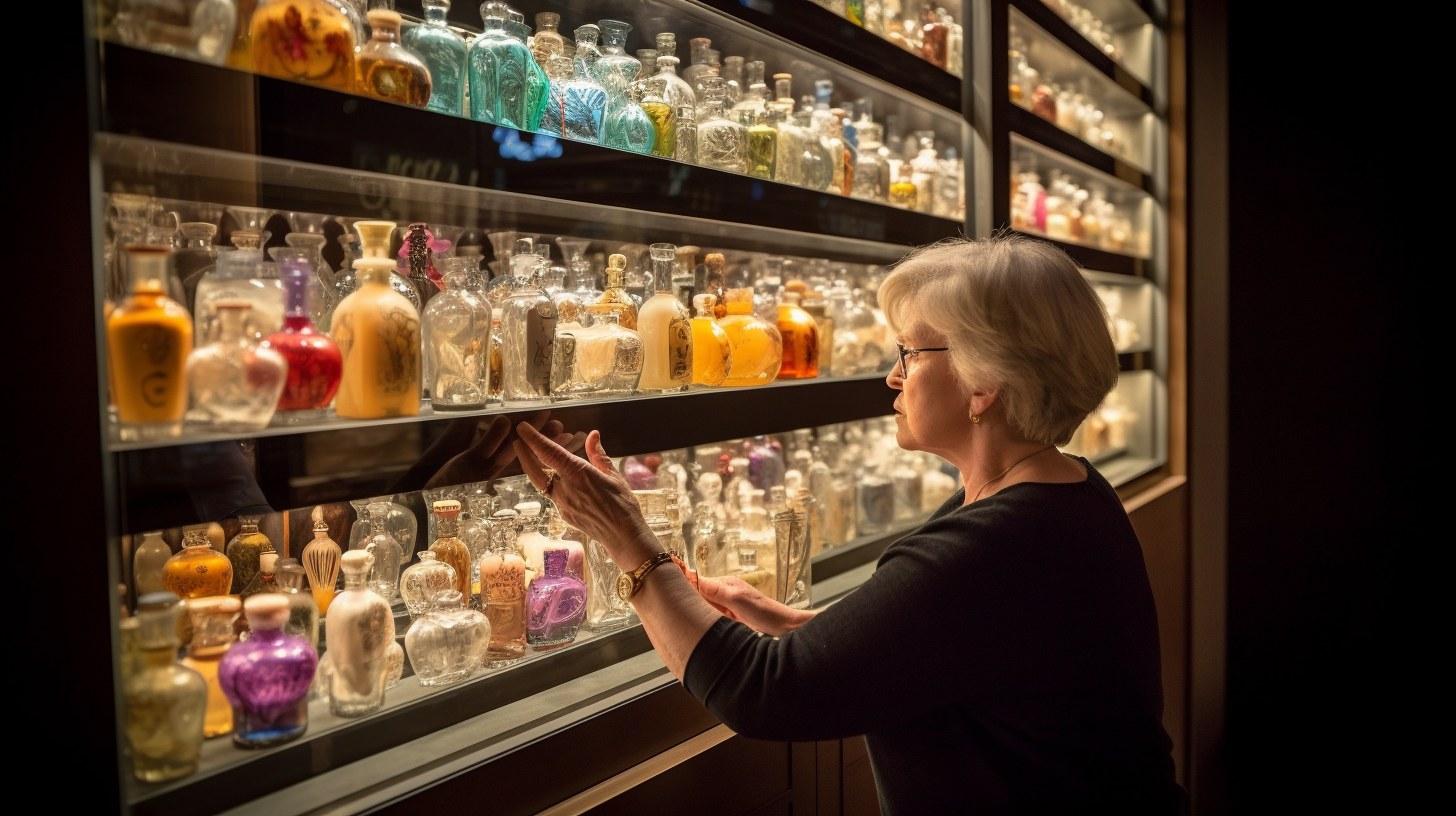The Importance of Perfume in Ancient Times: A Look Back in History
Perfume has been an integral part of human life for centuries, and its use dates back to ancient times. The art of perfume-making has evolved over time, but it has retained its cultural and social significance. Perfume was not just used for fragrance but also played a vital role in religious, social, and cultural contexts.
Ancient Perfume-Making Processes
The use of perfume in ancient times can be traced back to Egypt, where it was considered a luxury item reserved only for the elite members of society. The Egyptians used essential oils and herbs to create fragrances that were used in religious ceremonies, cosmetics, and medicines. They also used perfume as a form of payment, and it was often traded with other civilizations.
The Greeks were also known for their love of fragrance and created perfumes using natural ingredients like flowers, herbs, spices, and resins. They believed that the use of perfume had therapeutic benefits and could enhance one’s mood. The Greeks also used perfume as a form of currency.
The Romans took the art of perfumery to new heights by developing new techniques for extracting fragrances from natural ingredients like flowers, fruits, and spices. The Romans believed that perfumes had medicinal properties and could cure various ailments.
Cultural Significance
Perfume played a significant role in religious ceremonies in ancient times. In Egypt, perfume was used to honor the gods during rituals. The Egyptians believed that the scent of perfume would transport them to a higher spiritual realm.
In Greece, perfumes were associated with Aphrodite, the goddess of love and beauty. Greek women would wear perfumes to attract their lovers or as offerings to the goddess.
In Rome, perfumes were used during funerals to mask the smell of decay. Perfume was also used in public baths to create a pleasant and relaxing atmosphere.
Social Significance
Perfume was not just a luxury item but also played an important role in social contexts. In ancient Egypt, perfume was used for hygiene purposes. The Egyptians believed that the scent of perfume would help mask body odor and keep them clean.
In Greece, perfume was considered a symbol of wealth and status. Only the wealthy could afford to wear expensive perfumes, which were often imported from other countries.
In Rome, perfume was used as a form of seduction. Women would wear perfumes to attract their lovers or as a way of expressing their femininity.
Challenges of Perfume-Making in Ancient Times
The process of making perfume in ancient times was a challenging and time-consuming task. The ingredients had to be sourced from different parts of the world and required skilled laborers to extract the fragrances. Additionally, preserving the fragrance was difficult due to the lack of refrigeration technology, which meant that perfumes had a short shelf life.
The fragrances were also affected by environmental factors like temperature and humidity, which could alter their scent. This meant that perfumers had to store their creations carefully and keep them away from direct sunlight and moisture.
The Legacy of Ancient Perfume-Making
Despite the challenges faced by ancient perfumers, the art of perfume-making has survived through the ages. Today, we have access to a wide variety of fragrances created using modern techniques and technology. However, many modern-day perfumers still draw inspiration from ancient recipes and techniques.
Ancient perfumes have left an indelible mark on our culture, influencing everything from fashion to literature. The use of fragrance has become an integral part of our daily lives, and it is difficult to imagine a world without it.
Conclusion
The significance of perfume in ancient times cannot be overstated. From its use in religious ceremonies to its role in social contexts, perfume played a vital role in ancient civilizations. The art of perfume-making has evolved over time, but its cultural and social significance remains unchanged.
As we continue to enjoy the benefits of fragrance today, let us remember the legacy left behind by ancient perfumers and appreciate the artistry and skill that went into creating some of history’s most iconic fragrances.




